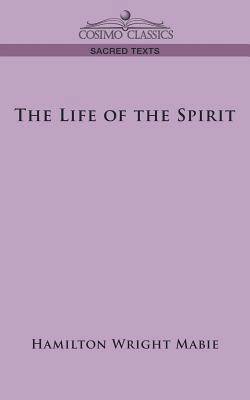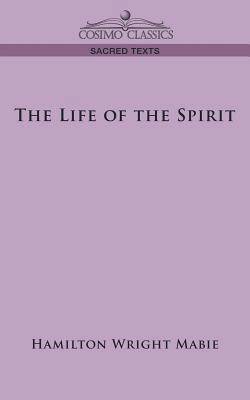
- Afhalen na 1 uur in een winkel met voorraad
- Gratis thuislevering in België vanaf € 30
- Ruim aanbod met 7 miljoen producten
- Afhalen na 1 uur in een winkel met voorraad
- Gratis thuislevering in België vanaf € 30
- Ruim aanbod met 7 miljoen producten
Zoeken
Omschrijving
The severity of Christ, the teacher of love, is more terrible than that of the sternest Old Testament lawgiver, because the test he applies not only tries conduct but searches motive. The law is satisfied when restoration is made or the penalty paid; it cannot go further. But to love, which searches the heart as with a lighted torch, these are only the external signs of repentance; it cannot rest short of a complete cleansing of the spirit. With a severity born of a passionate determination to make the best in every man supreme, it will accept nothing less than final and lasting purification. -from "Chapter XVIII: The Soul of Goodness" Alternating stern harshness with gentle compassion, Hamilton Wright Mabie-one of the more influential thinkers and popular writers of the early 20th century-describes a life lived in the path of Christ that may comfort the very devout, with its images of a demanding paternal God who hurts the believer because he loves the believer, but it will chill others. "The root of all evil... in life is atheism," Wright pronounces, and will brook no argument. The unquestioning and unshakable certainty of Wright's thinking assures this 1899 book continues to be an excellent resource for understanding the modern Christian viewpoint. OF INTEREST TO: Christian scholars, students of the culture wars, readers of religious philosophy American essayist and critic HAMILTON WRIGHT MABIE (1845-1916) wrote extensively on literature, religion, and mythology, and as the book columnist for Ladies Home Journal magazine from 1902 to 1912, he helped spread the love of reading to the general public. Among his many works are Essays in Literary Interpretation (1892), William Shakespeare, Poet, Dramatist, and Man (1900), Norse Stories Retold from the Eddas (1901), Legends Every Child Should Know (1906), and Heroes Every Child Should Know (1908).
Specificaties
Betrokkenen
- Auteur(s):
- Uitgeverij:
Inhoud
- Aantal bladzijden:
- 372
- Taal:
- Engels
Eigenschappen
- Productcode (EAN):
- 9781596058255
- Verschijningsdatum:
- 1/04/2006
- Uitvoering:
- Paperback
- Formaat:
- Trade paperback (VS)
- Afmetingen:
- 127 mm x 203 mm
- Gewicht:
- 403 g

Alleen bij Standaard Boekhandel
+ 54 punten op je klantenkaart van Standaard Boekhandel
Beoordelingen
We publiceren alleen reviews die voldoen aan de voorwaarden voor reviews. Bekijk onze voorwaarden voor reviews.











